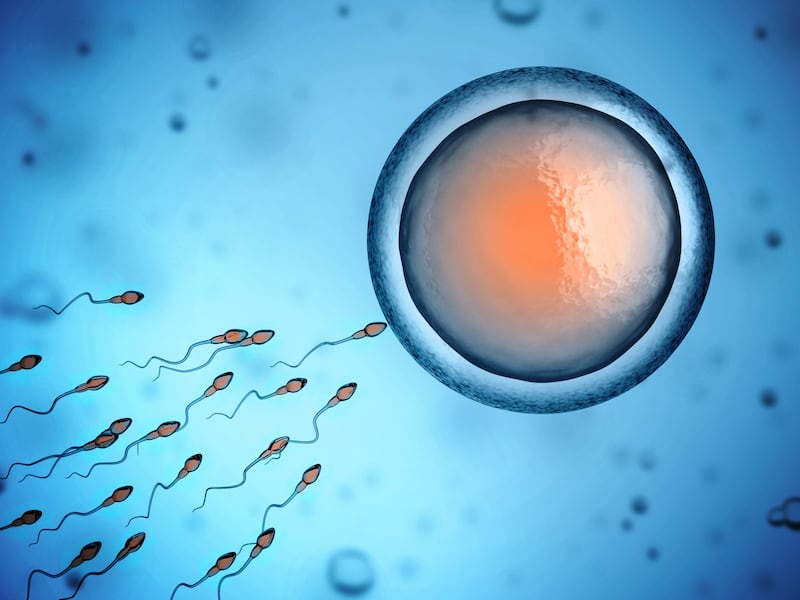Chemicals in shaving creams could be affecting men’s sperm, scientists have warned.
Researchers from the University of Massachusetts Amherst say that a group of chemicals known as phthalates, which are used as solvents (dissolving agents) in personal care products, could reduce men’s chances of becoming fathers.
“There has always been this heavy concern in the past with expectant moms not smoking and not drinking, for example, to protect the foetus,” said study author Richard Pilsner, of the University of Massachusetts Amherst.
“In this study, we see that dad’s environmental health contributes to reproductive success.”

The scientists studied semen and urine samples of 48 men undergoing IVF treatment. They analysed urine for phthalate concentrations and looked at the DNA extracted from the sperm.
They identified more than 6,000 regions of interest while assessing a possible correlation between phthalate metabolite (compounds formed during the process of metabolism) exposure and DNA methylation (the mechanism used by cells to control gene expression).
They found that the phthalates did appear to affect the DNA in sperm cells, but not by altering the genes themselves. Instead, they attached “chemical tags” to genes by “sticking” to some parts of the sperm cell’s DNA.

These tags, researchers believe, are involved in controlling gene expression and can make genes more or less active than usual during sperm production.
The scientists admit that the study sample was small and that more research is needed to replicate their findings.
But Pilsner, who has received a multimillion-dollar grant to replicate and validate the findings, said: “It doesn’t surprise me that sperm carry some sort of environmental legacy to the next generation.
“What the sperm cell encounters during its development can influence these chemical tags or DNA methylated, and it may well have an effect on the developing embryo and offspring.”
The study is published in the journal Human Reproduction.







